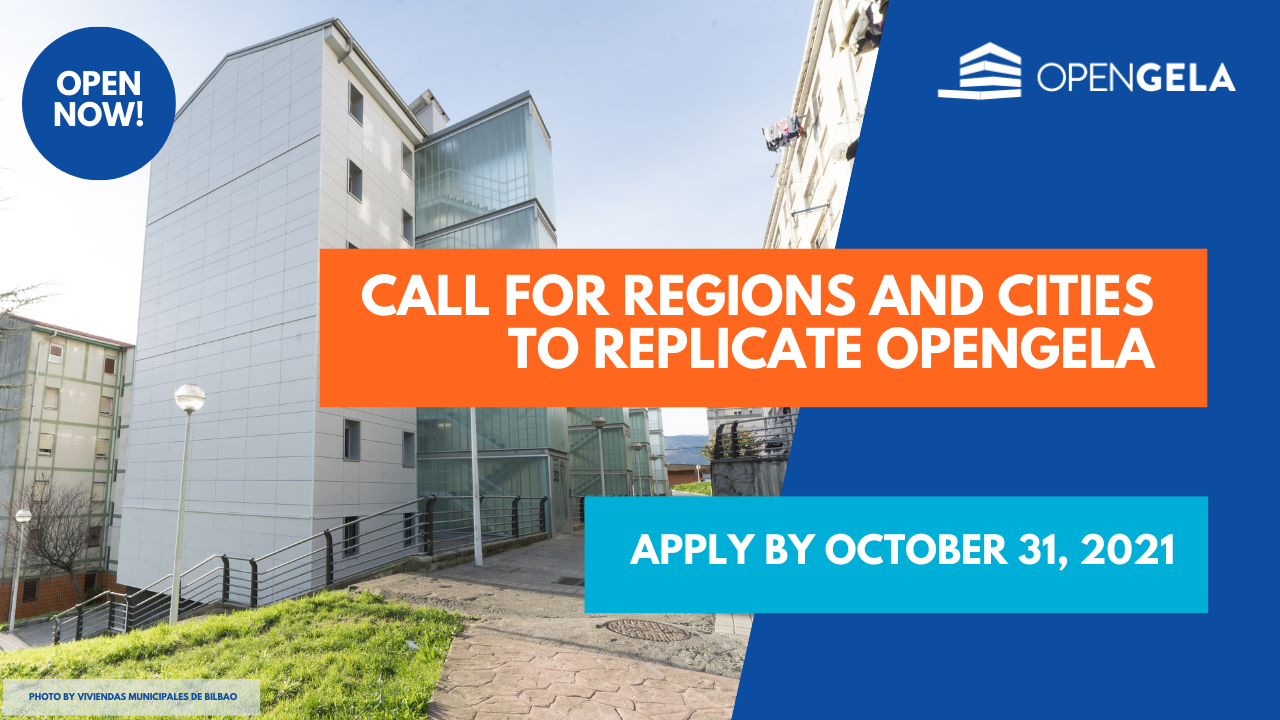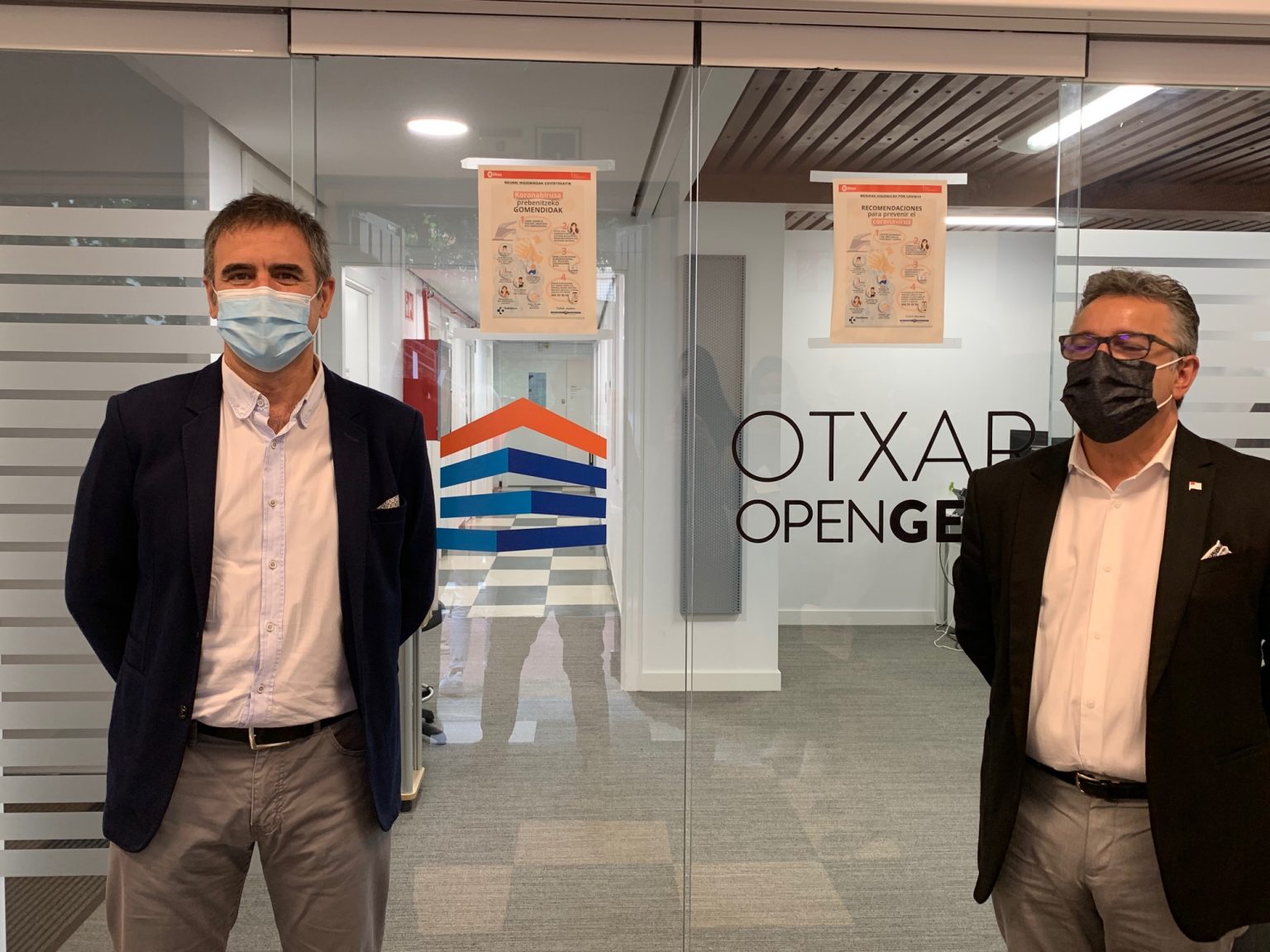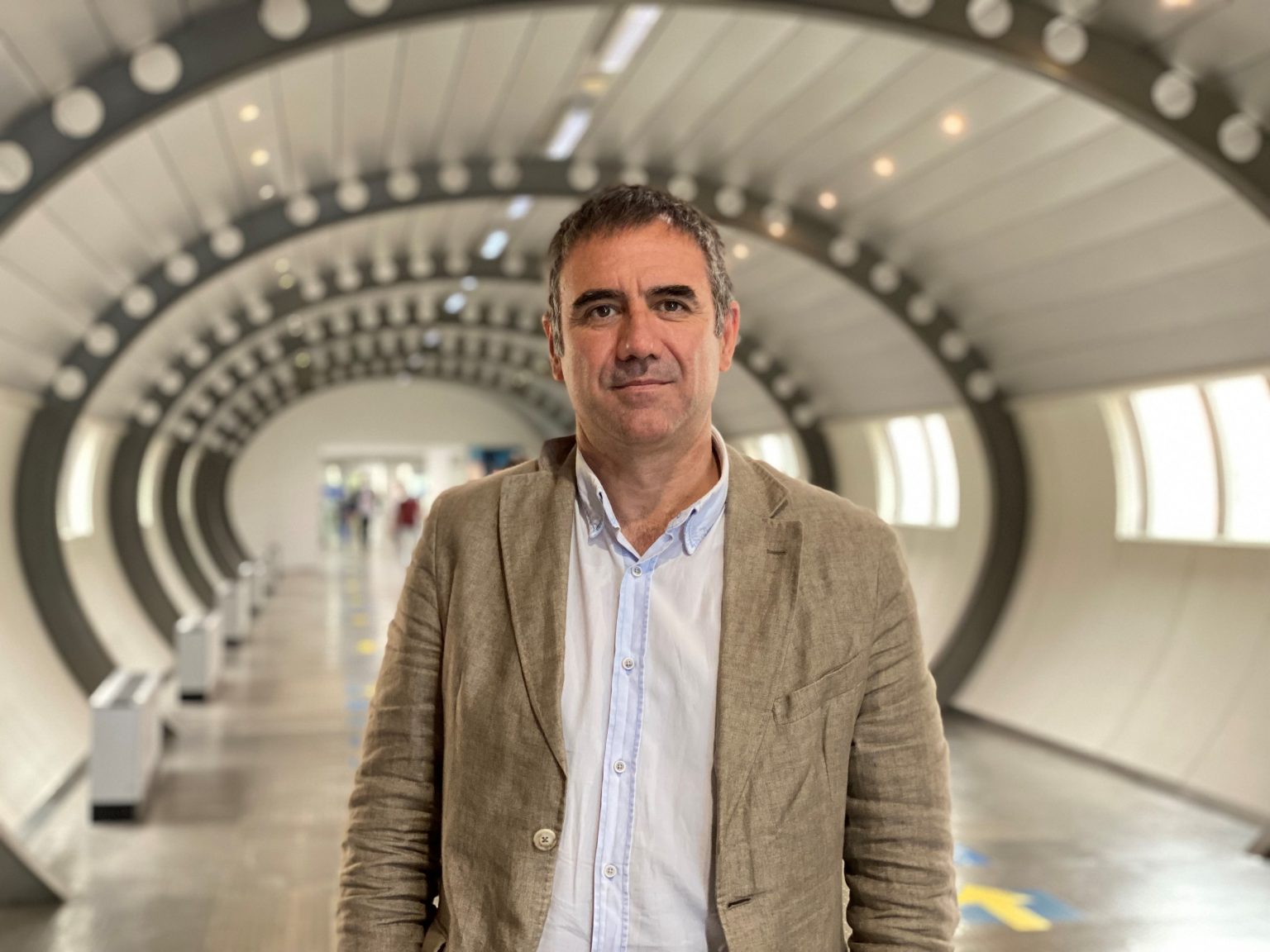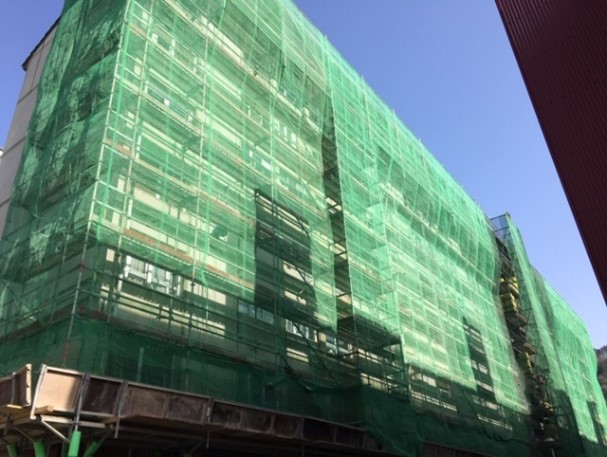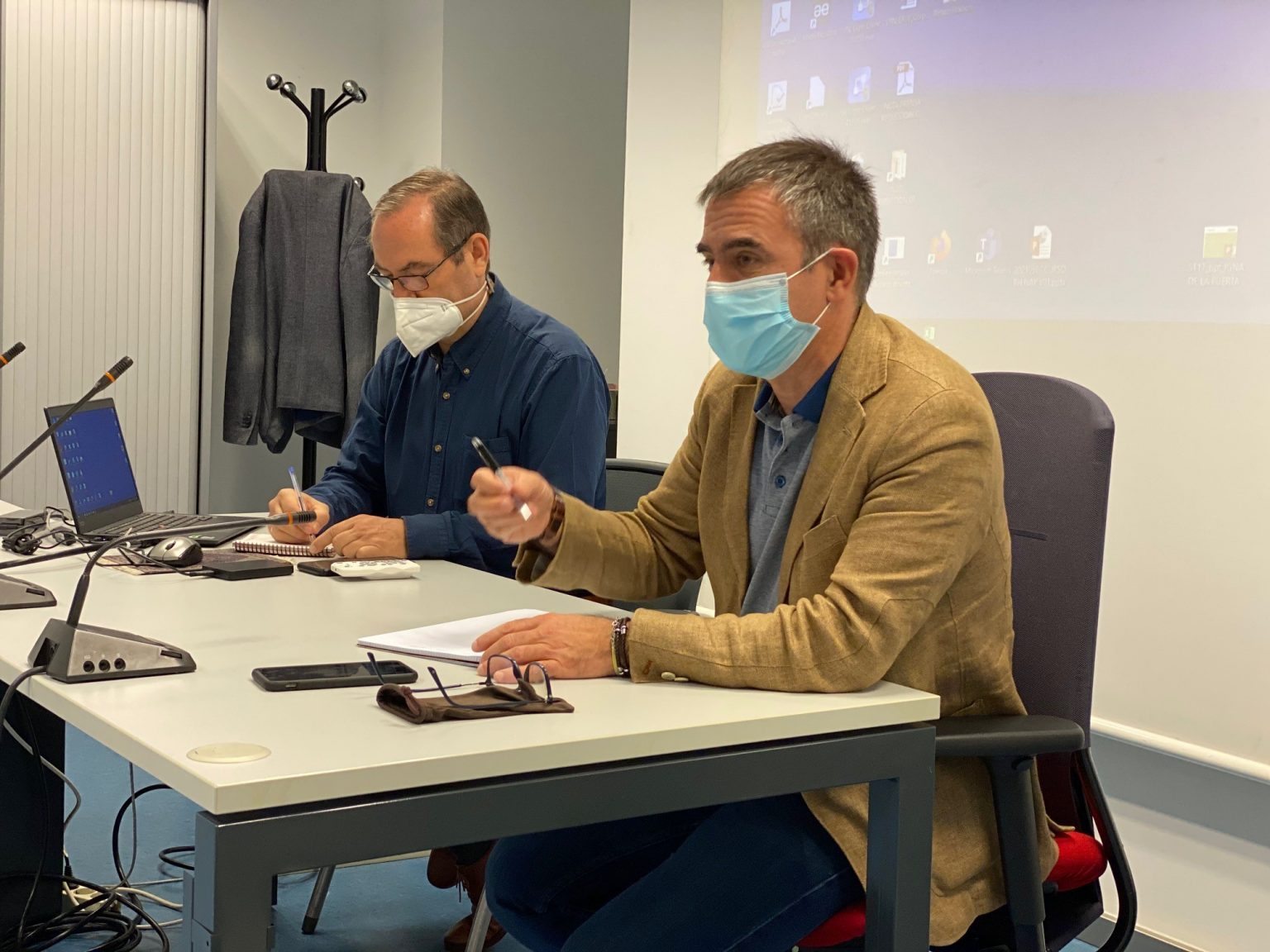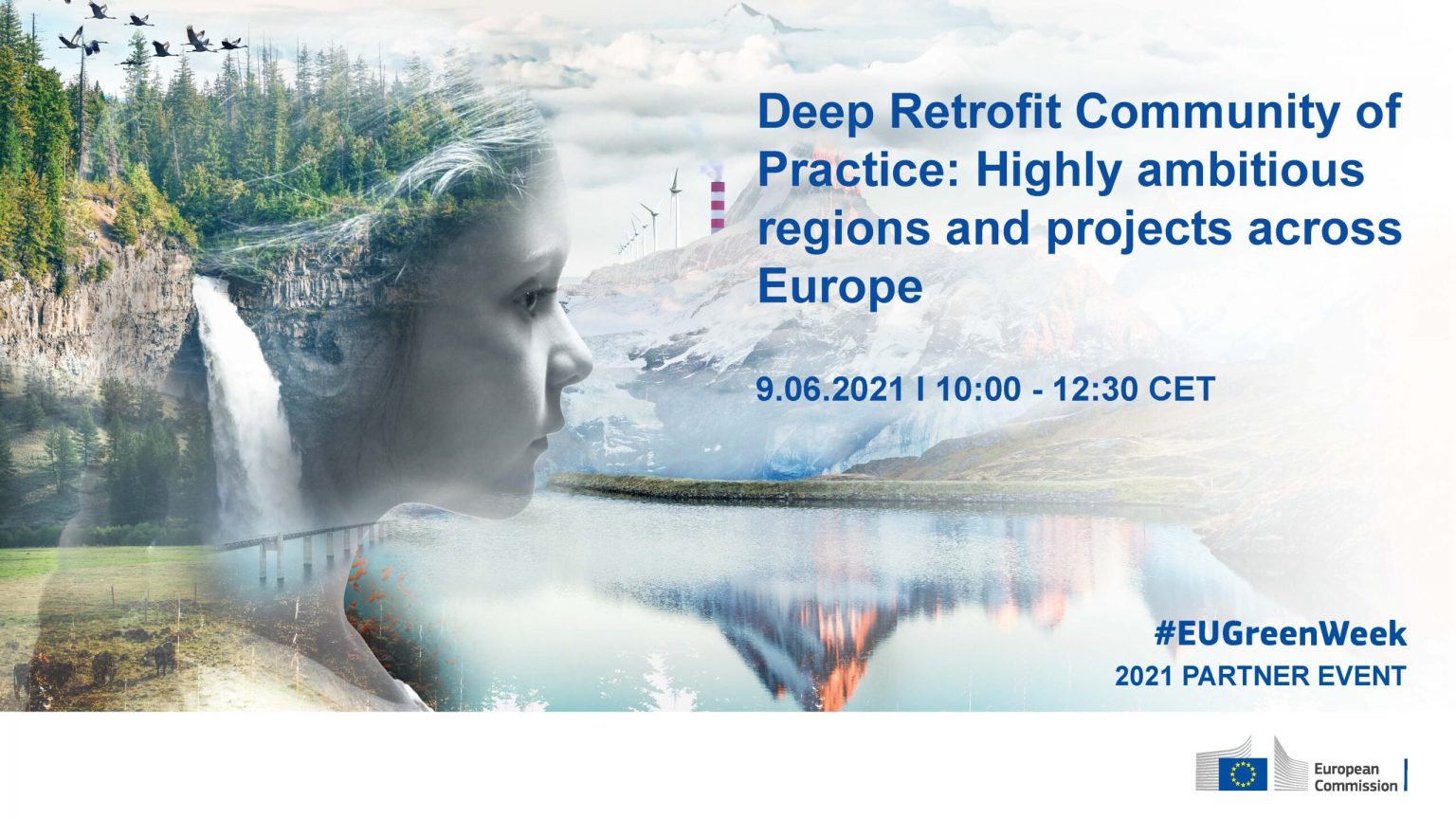For the Opengela model to be replicated in any city, it is necessary to lay the foundations for the way the neighbourhood offices operate and for each one of them to be organised according to common requirements, beyond the particularities of each neighbourhood. For this reason, this European project has drawn up a ‘White Book’ that summarises the basic principles that should govern the offices that are set up.
The document is based on the premise that the housing stock in the Basque Country – 53% of which was built before 1960 – must face a transition towards a more sustainable model, and not only in terms of energy. According to the ‘Diagnosis of the intervention needs of the Basque Country’s building stock’, 25.85% of the population is in a situation of high or very high vulnerability, which makes it urgent to activate a plan that focuses not only on the environment, but also on the quality of life of citizens.
This is precisely the aim of Opengela, which seeks to move towards the sustainability of the housing stock in the Basque Country, where the potential social, economic, and environmental impact is highlighted. It is therefore conceived as a strategic project and is fully aligned with the objectives defined in the ‘Euskadi Basque Country 2030’ Strategy. This strategy promotes not only energy transition, but also a wide range of specific targets of the Sustainable Development Goals that the Strategy is committed to transferring to the actions of the Basque Government. Furthermore, the development of Opengela is fully aligned with the guidelines produced by the ‘Basque Country Urban Agenda – Bultzatu 2050’.
The Opengela model is based on the implementation of district offices, which unify the regeneration processes of the neighbourhoods, serving both the neighbourhood and coordinating the rest of the groups involved. Opengela, which starts with two pilot projects in the neighbourhoods of Otxarkoaga (Bilbao) and Txonta (Eibar), seeks to be replicable throughout the Basque Autonomous Community and to this end establishes guidelines that facilitate scalability to other territories.
The success of the project means that the office’s activity has had results on the neighbourhood, the comprehensive refurbishment of its buildings, the improvement of the comfort of its homes and the improvement of the quality of life of the people who live in them, as well as the direct impact of the investment in the development of local economic activity in the area. To measure this impact, a monitoring tool is required. A tool which includes the definition of performance indicators for the project in the neighbourhood where the office is located, as well as indicators of its socio-economic, environmental, and urban impact.
The results of the management of the office itself will also be measured, as well as those of the different professionals and companies participating in the project and the participation of citizens in the improvement of their own neighbourhood. The neighbourhood offices or One-Stop-Shops (OSS) will accompany and energise the refurbishment processes and will be responsible for measuring and supervising these actions, for which common lines have been established to facilitate this work.
Five areas of action and three levels of coordination
The indicators that will show whether positive results are obtained will address five dimensions: the building (in terms of greater energy efficiency or comfort), the urban and environmental improvement (less noise, greater safety, accessibility…), the socio-demographic dimension (less social vulnerability or better public services), the socio-economic dimension (greater employability, lower domestic energy costs…) and the management of the neighbourhood office (management of aid, financing, knowledge of the refurbishment process…).
To guarantee the results, a unitary, hierarchical, and planned management structure at a regional level is necessary, which, at the same time, is flexible in its development. The unitary nature of this structure will be based on three components: conceptual, financial, and technical, which requires the constitution of a management tool on a global scale that coordinates and controls the distribution of financial contributions, the programming of actions, the criteria and procedures for intervention and the monitoring of the degree of compliance with the objectives set out in the various areas.
To this end, the Opengela model proposes a three-level hierarchy. Firstly, a Programme Management Body (PMB) will be in charge of coordinating the different local district offices and will develop the Urban Rehabilitation and/or Regeneration Plan established in the Basque Country. At a local level, if appropriate, a Network of Local Management Entities (LME) will be set up, coordinated, and managed by the PBM. Finally, it would be advisable to create Area Management Entities (AME) in each of the Rehabilitation Areas, particularly when these areas are of a significant size.
The PBM will have a public-private character and will be the tool through which the competent regional body will implement its rehabilitation policies in coordination with the companies and private financial means that may be raised. Furthermore, it will be assisted by an Expert Technical Team (ETT), made up of professionals with extensive experience in the development of this type of action.
One of the purposes of the ETT will be to transmit, to the members of the offices, the guidelines established for their work or derived from the strategies designed at the Regional Level. It will be multidisciplinary, along the lines that have been established, made up, for example, of professionals from architecture, engineering, administration, social education, etc. They will assist the offices in tasks ranging from the preparation of information sheets aimed at a better understanding of the process by the agents involved, to the establishment of the profiles and functions of the personnel and the criteria and scales for their recruitment.
The active core of the programme are the offices themselves. They are the tool through which the Management Entities can provide the beneficiaries of the rehabilitation, as well as the other agents involved in the actions, with all the necessary facilities to make the intervention in the corresponding area possible and attractive. In this way, bureaucratic procedures are minimised, and support is provided throughout the process.
All these bases for the operation and running of the Opengela model are set out in a ‘White Book’, which serves as a guide for the future implementation of neighbourhood offices in the Basque Country.
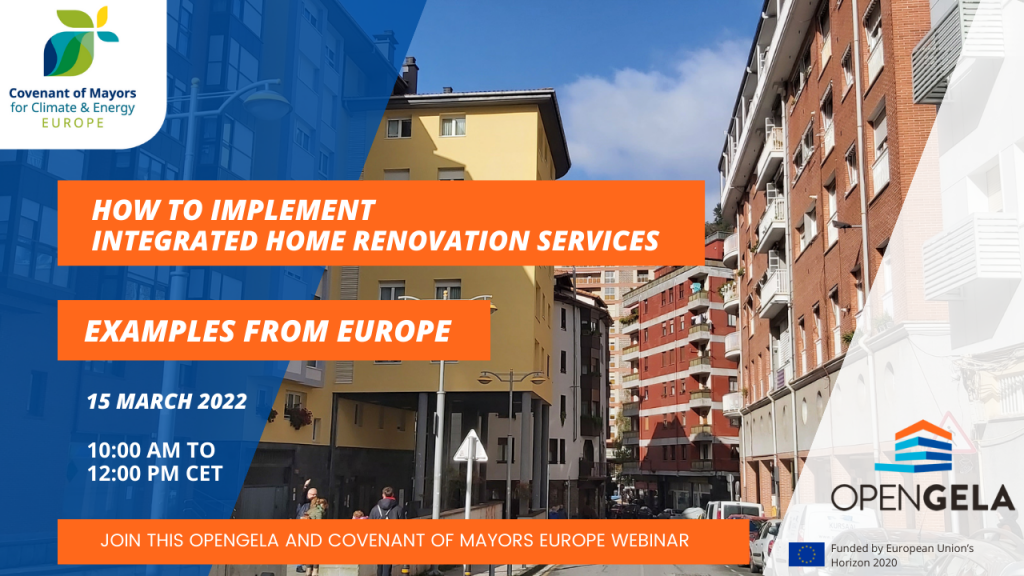


![]()
![]()
![]()
![]()


